There is a common phrase that accompanies the discussion of precious metals.
“You can’t eat gold and silver.”
Of course, this phrase can generalize to most goods and services:
You can’t eat lumber.
You can’t use flour as shampoo.
You can’t use vinegar in a bidet.
(I mean, you could...)
In regards to money and currency, we are also unable to eat bank notes and crypto. This is a basic economic principle. The value of a good or service is determined by its usefulness to a buyer at the time of sale. Vinegar is very useful as a surface cleaner, which is why it is advertised and sold as such, and not as a toilet paper alternative.
Gold and silver are no different. Precious metals are monetary units that store wealth, and are only of value to a buyer if the metal satisfies their purpose at the time of sale.
This begs the question: In a time of crisis — what is most useful?
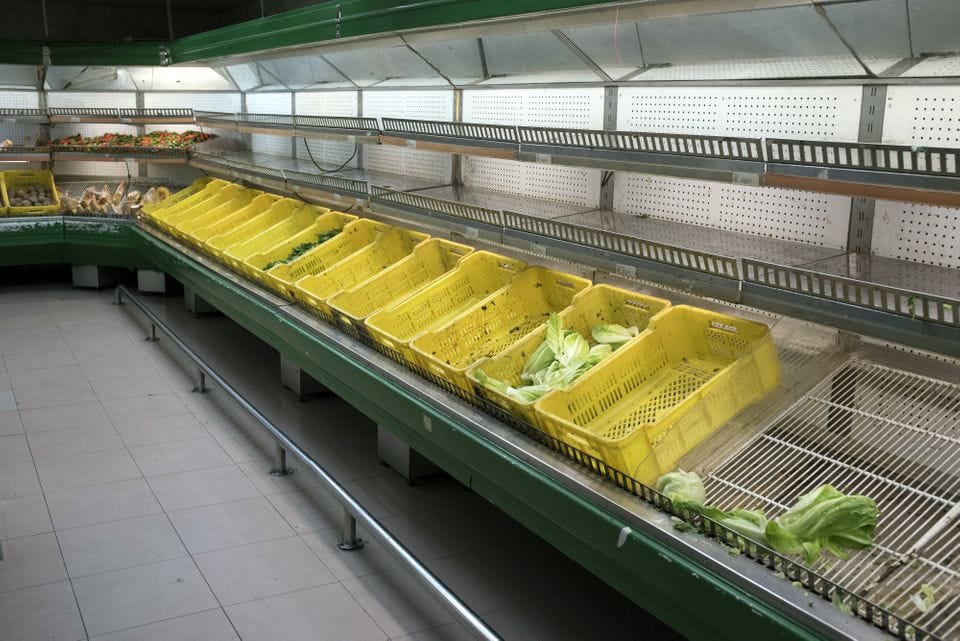
Our access to high quality goods and services is not divinely ordained.
Current inflationary trends imply that the population will see a reduction in their standard of living with respects to the quality and availability of basic items.
I illustrated this trend and some high level actions in a few previous articles.
However, these focus on high level conditions and not pragmatic solutions. Instead, we should try to narrow down items you and I should store and why.
There are four essential categories to stock goods for:
Food.
You can only eat food.Sanitation.
Cleanliness is next to godliness.Energy.
Heat is needed for food and health.Maintenance.
Parts and fluids are needed to keep some systems in working order.
Food
Learn to make food with basic ingredients.
Grab a box of cereal or a loaf of bread and read the ingredients. Can you pronounce half of them? Most of those are acids or salts that prevent microorganisms from consuming the sugars and other compounds, which we call food spoilage.
We can make similar consumable products from less ingredients with a little planning, time and work. While the final product will have a shorter shelf life, its ingredients have very long shelf lives if stored correctly.
In a previous article, I outlined various food storage methods.
Consider this short list of food ingredients necessary to make your own recipes:
Salt.
Stores indefinitely.Sugar.
Stores indefinitely.Vinegar.
Stores indefinitely.Starch.
Quality degrades over time.Baking soda / baking powder.
Stores indefinitely.Citric acid.
Quality degrades over time.Wheat berries.
Quality degrades over time, but lasts longer than flour.Spices.
Quality degrades over time — e.g., peppercorn, garlic powder, chili pepper, etc.Honey.
Stores indefinitely.Oils.
Last 2 years if unopened. Do not over stock this!
These ingredients are used in most recipes (in combination with annual garden harvests) to produce shelf stable meals and add variety to limited food options. Most of these items can be regionally produced with the exception of citric acid and many spices. This is because the species that produce these products generally live near the equator.
Sanitation
Learn to make cleaning products with basic ingredients.
Consider this short list of ingredients necessary to make your own sanitation products:
Salt.
NaCl.
Used as a scrubbing agent / disinfectant.NaOH.
Used to make castile bar soap.KOH.
Used to make castile liquid soap.
Baking soda / washing soda.
General cleaning, stain removal and detergent additive.Vinegar.
Stain removal and disinfectant.Borax.
Stain removal and detergent additive.Powdered detergents.
Can be used in combination with soda, salt and borax to conserve amount.Oils.
Cooking oil nearing best by date can be used to create castile soap.
Do not over stock this!
These basic ingredients can be used to create affordable cleaning products. With the exception of commercial detergents and borax, these items can be regionally produced.
Castile soap is made with oil(s) + (NA/K)OH + water.
Simple detergents can be made with soda(s) and scrubbing agents.
Try to find the time to make homemade cleaning products from these items.
Energy and maintenance
Individual circumstances differ, however everyone should try to collect a small stack of wood. While not everyone may venture into the territory described in the article below, having a supply of burnable wood can be used in outdoor fires or rocket stoves.
Wood.
Hardwood burns the best, but kindling is also necessary to start fires.Outdoor rocket stove.
Can burn smaller pieces like branches, etc.
Many older homes also have a functional fireplace or wood stove that may provide a source of heat in the winter or the ability to boil water.
In terms of maintenance, it may be best to assess what household components are critical, and ask yourself if there are items you can buy now that may be used later.
Consider this short list of common repair items:
Light bulbs.
Fixtures, lamps, etc.Screws / nails.
Buy some with common diameters so they could be cut to length if needed.Tape.
I have seen duct tape in nuclear facilities…Glue.
Buy plastic glue, wood glue, etc.Lubricants.
Motor oils, WD40, etc.
With the exception of screws and nails, these items are extremely difficult to reproduce at home. Carefully consider stocking items that are difficult to manufacture locally, especially if there were severe supply chain disruptions or currency issues.
Concluding remarks
Learn to do things yourself and find like-minded people to trade with. This implies a shift to more traditional living practices. Consider some of the following projects:
Make your own sugar.
Sugar beets, maple trees, etc.Brew your own alcohol.
All that’s needed is flavouring, sugar, yeast and time.Ferment your own vinegar.
Vinegar is made from alcohol.Make your own cereal and granola.
Use oatmeal, nuts, oil and honey to bake your own cereals.Can your own jam, jelly and pie filling.
Save money using fruits, sugar, pectin and citric acid.
Be mindful of stacking oils. This includes oils for food, sanitation, energy and maintenance purposes. Oils in general have a limited shelf life and degrade in quality. While it is difficult to find alternatives for energy and maintenance, there are many homegrown and natural solutions for cooking and sanitation.
Next time you cook pork or beef, consider rendering lard or tallow respectively for use in cooking or cleaning. Cooking with both is actually delicious and there are some castile soap recipes that make use of both.
If you really like precious metals, think of this as a strategy to accumulate more.
If there is a disruption in supply chains, or these items are difficult to acquire, then you could trade supplies for someone else’s metal. (That’s the whole point of money.)
Pick a few pet projects and pick away at them over time. My projects are now soaps, candles and laundry detergents. If you have any useful ideas or recipes, feel free to leave them in the comments below!




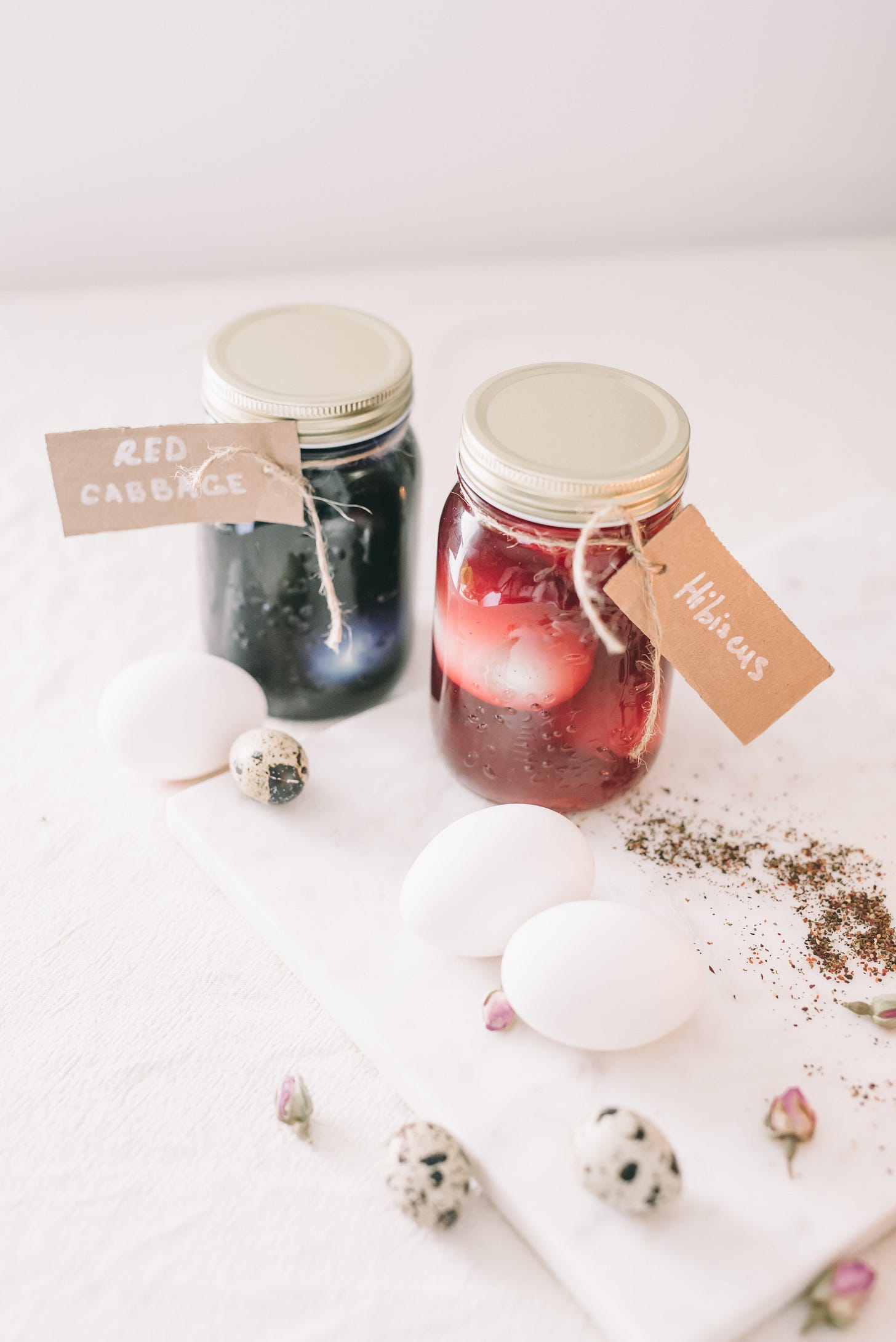
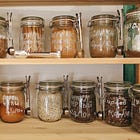
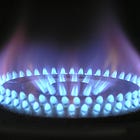
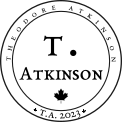
Great lists! Thank you! I shared to my other preferred social media as well.
https://gab.com/TheRealBaconCommander/posts/110380446372533685
I think we need to “stack” precious metals for sure, but food comes first -- food and basic medicines.